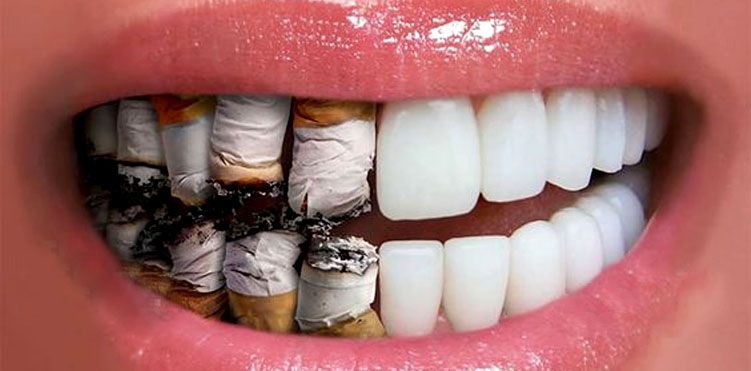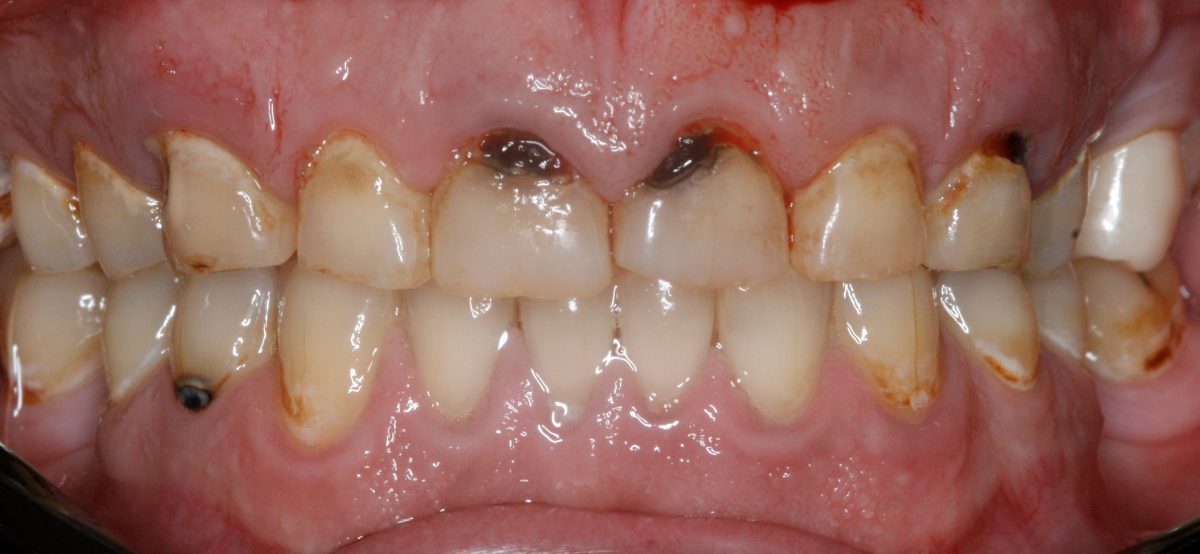The Harmful Effects of Smoking on your Teeth
Smoking is well known for its harmful effects on general health, but many people don’t think about the correlation between smoking and oral health. From staining teeth and causing bad breath to increasing the risk of gum disease and even oral cancer, smoking is one of the biggest threats to a healthy smile. Fortunately, quitting smoking can dramatically improve your dental health and overall well-being.
In this article, we explore how smoking damages your teeth and gums, why quitting matters, and practical tips to help you stop for good.

The Impact of Smoking on Teeth
One of the most visible effects of smoking is tooth discoloration. The nicotine and tar in tobacco products stain tooth enamel, turning teeth yellow or brown over time (Cigna). These stains are difficult to remove with regular brushing alone and often require professional dental cleaning or whitening.
Beyond aesthetics, smoking reduces saliva flow, which is essential for washing away food particles and neutralizing acids produced by bacteria in the mouth. A dry mouth creates an ideal environment for cavities and tooth decay (American Dental Association).
Smoking and Gum Disease
Perhaps the most serious oral health risk of smoking is its connection to gum disease. Gum disease (periodontal disease) is a bacterial infection that damages the gums and bone supporting the teeth. Smokers are two to six times more likely to develop gum disease than nonsmokers, according to the Centers for Disease Control and Prevention.
Smoking weakens your immune system, making it harder to fight off infections in your gums. It also reduces blood flow, delaying healing after gum damage and dental procedures. As a result, gum disease progresses faster and more aggressively in smokers, often leading to tooth loss.

Increased Risk of Oral Cancer
Tobacco use is the leading cause of oral and throat cancers. Chemicals in tobacco smoke cause mutations in the cells of the mouth lining, which can lead to cancerous growths. According to the National Library of Medicine, smokers are six times more likely to develop oral cancer than nonsmokers).
Early detection of oral cancer greatly improves survival rates, so smokers should be especially vigilant with regular dental checkups and oral cancer screenings.
Benefits of Quitting Smoking for Oral Health
The good news is that quitting smoking offers immediate and long-term benefits for your teeth and gums. Within weeks of quitting, saliva production improves, helping to protect against tooth decay and gum infections. After a year, your risk of gum disease drops significantly, and your oral tissues begin to heal.
Additionally, quitting reduces bad breath and prevents further tooth staining, making it easier to maintain a clean, healthy smile.
Tips on how to Quit Smoking and Protect Your Oral Health
-
Set a Quit Date: Choose a specific day to stop smoking and prepare mentally for the change.
-
Seek Support: Use counseling services, quitlines, or support groups to stay motivated.
-
Consider Nicotine Replacement Therapy (NRT): Products like patches, gum, or lozenges can ease withdrawal symptoms.
-
Practice Good Oral Hygiene: Brush twice daily, floss regularly, and visit your dentist for cleanings and checkups.
-
Avoid Triggers: Stay away from situations or habits that encourage smoking.
-
Stay Active and Hydrated: Exercise and drinking plenty of water can reduce cravings.
For personalized help, talk to your healthcare provider about quitting strategies tailored to your needs.
Conclusion
Smoking severely damages your teeth and gums, increasing the risk of gum disease, tooth loss, and oral cancer. However, quitting smoking can reverse many of these harmful effects and lead to a healthier, brighter smile. If you’re a smoker, take the first step today toward better oral health by seeking support and making a quit plan. Your teeth—and your whole body—will thank you.
At Emergency Dental of Denver, we help you find the best tools and techniques to keep your smile healthy. Want more dental care tips? Explore our blog page for expert-backed advice. Need urgent care or a dental checkup? Book an appointment with us today—we’re here when you need us.
